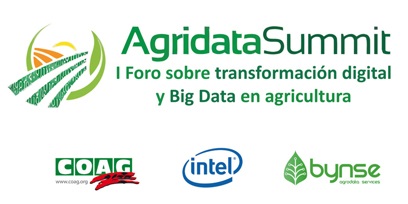
29 de November de 2016
How to apply new technologies to improve the efficiency and sustainability of agricultural activity
November 29, 2016
A drone, a chip, a QR code, or a digital reader—all are elements of the new technologies that are revolutionizing livestock and agriculture. This was explained at the first Agridata Summit, held in Madrid on November 29th. Businesspeople, agricultural professionals, and government agencies gathered to analyze the scope of the digital world and big data applied to agriculture and livestock. The event was organized by the Coordinator of Farmers and Ranchers Organizations (COAG) and the companies Bynse and Cubenube.
Flying a drone over cultivated land or placing a temperature and humidity sensor on it can provide the necessary data to determine how much pesticide the land requires or whether or not it needs to be irrigated. A chip placed on a sheep's leg while it is being milked will automatically transfer data about its milk production to a computer. All this information, transferred from the cultivated land or livestock farm to a database on the farmer's or rancher's computer, will provide the necessary data to achieve more productive and sustainable agricultural and livestock production, contributing to energy savings and a more rational use of pesticides.
The AgriData event, attended by Isabel García Tejerina, Minister of Agriculture, Fisheries, Food, and the Environment, was organized into four introductory presentations and four roundtable discussions. During the lunch, speakers and attendees were able to discuss and exchange views.
Getting farmers and ranchers to fully embrace the world of new digital technologies requires more training in this area and improved access to these technologies from their workplaces, which is still not fully achieved in Spain, as indicated by Miguel Blanco, Secretary General of the Coordinator of Farmers and Ranchers Organizations (COAG), who stated that to achieve this digital goal, broadband must be extended to all territories, since between 60% and 75% of rural areas in Spain still do not have access to high-speed internet.
On behalf of the European Union, Ana Cuadrado Galván, from the Commission's Directorate-General for Agriculture and Rural Development, reported on the 2020 program, which will fund various projects aimed at training for the digitalization of the sector. Cuadrado announced the upcoming events planned for 2017: the seminars "Data in Agriculture" (March 2017) and "Digital Innovation Hubs," and the conferences "Digitalization in Rural Development" (October, Portugal) and "R&D+i and the Digitalization of the Agri-Food Sector" (November, Brussels).
More information at http://agridata-summit.chil.org/index











